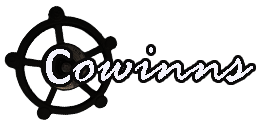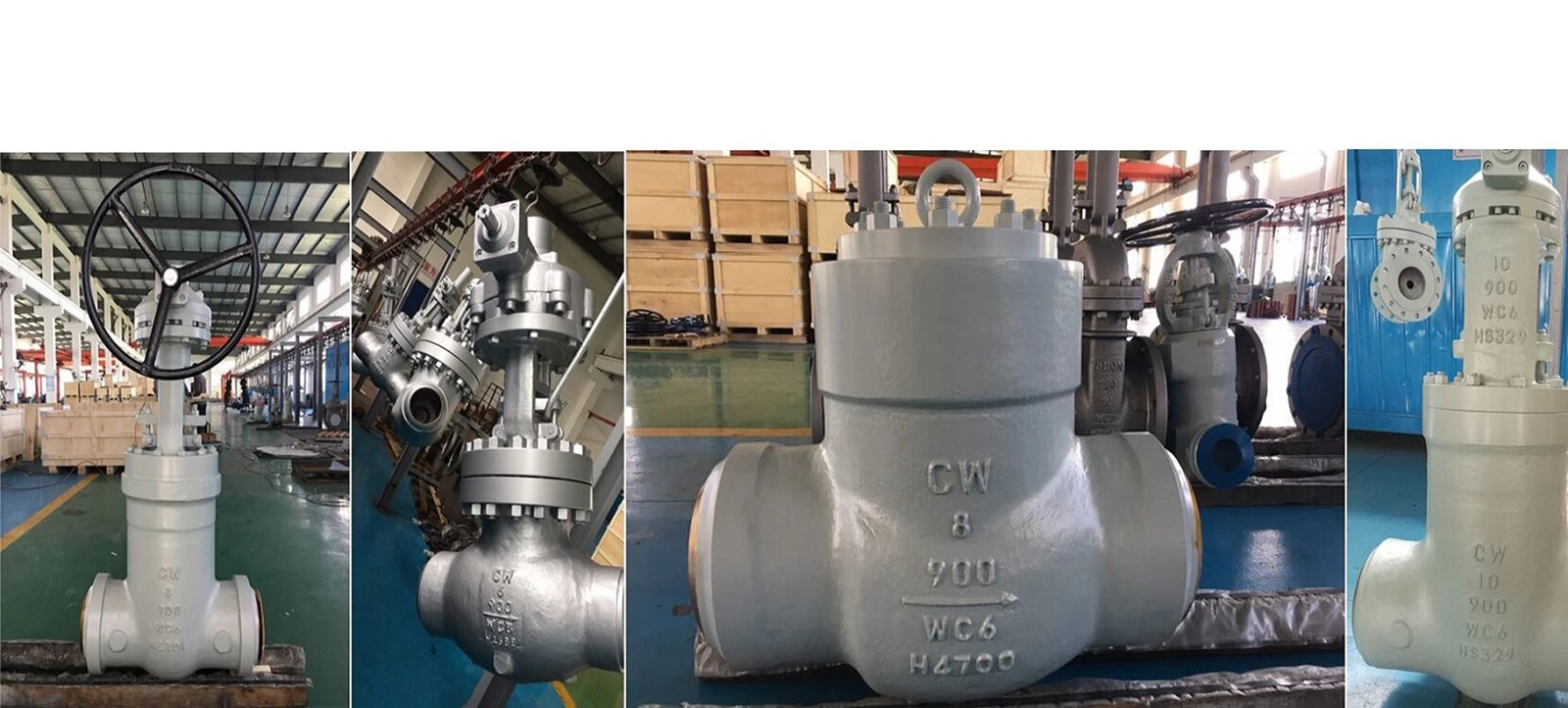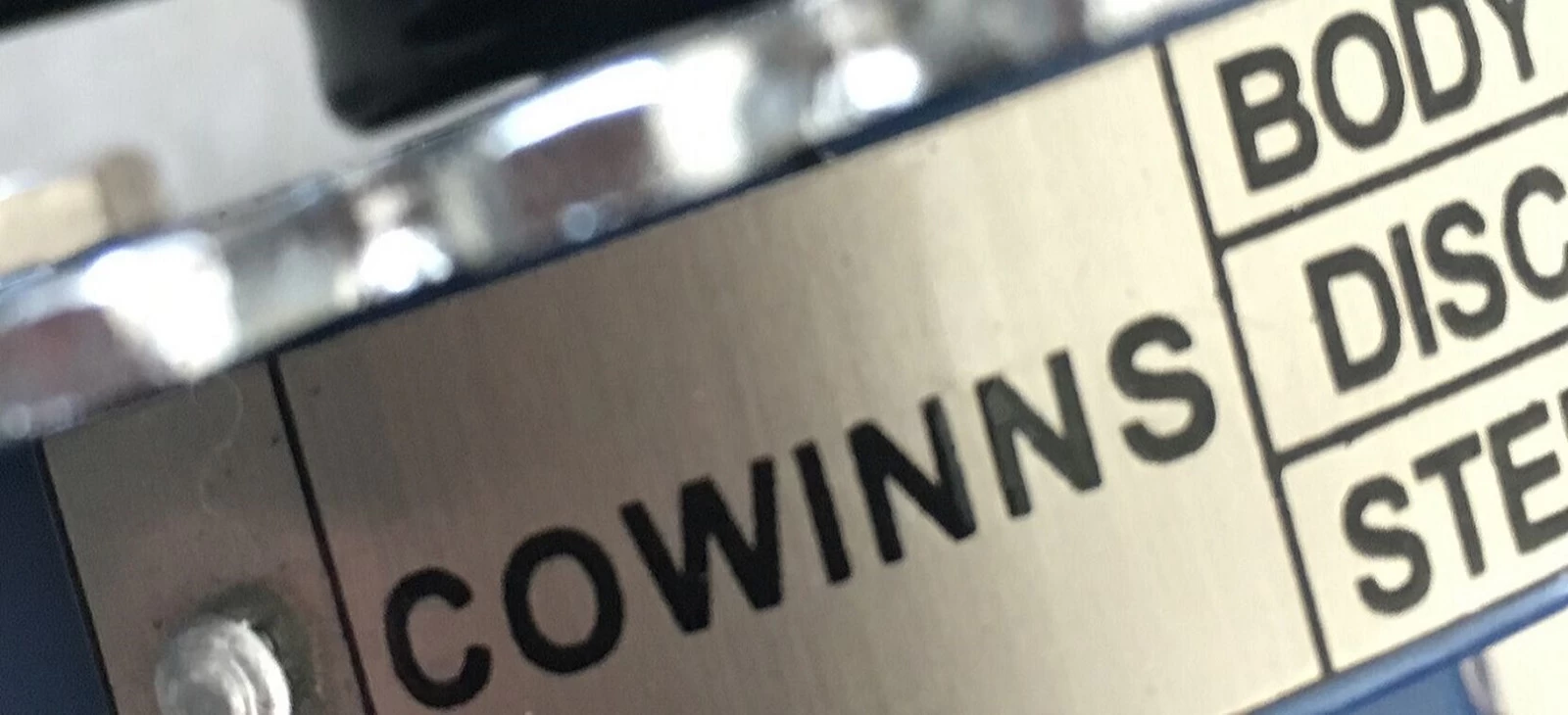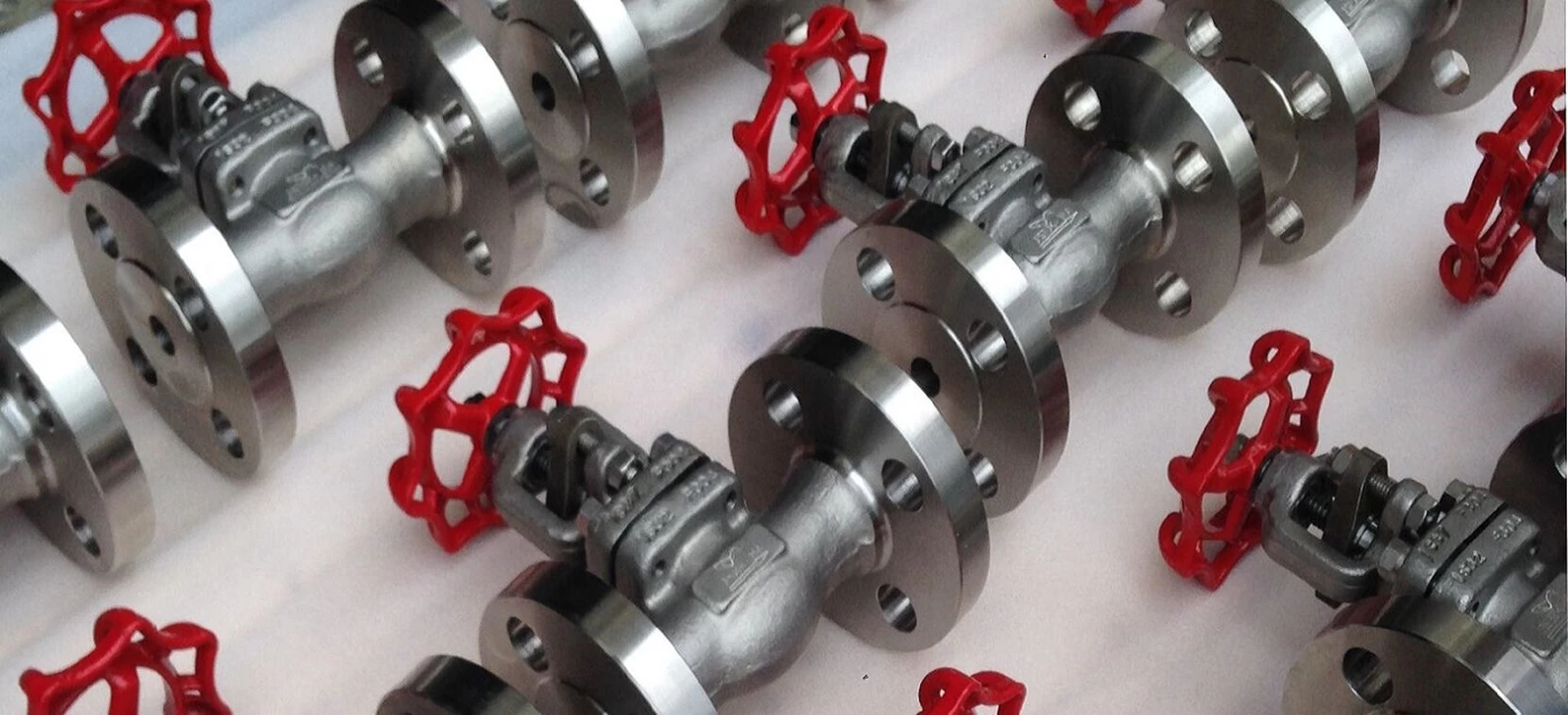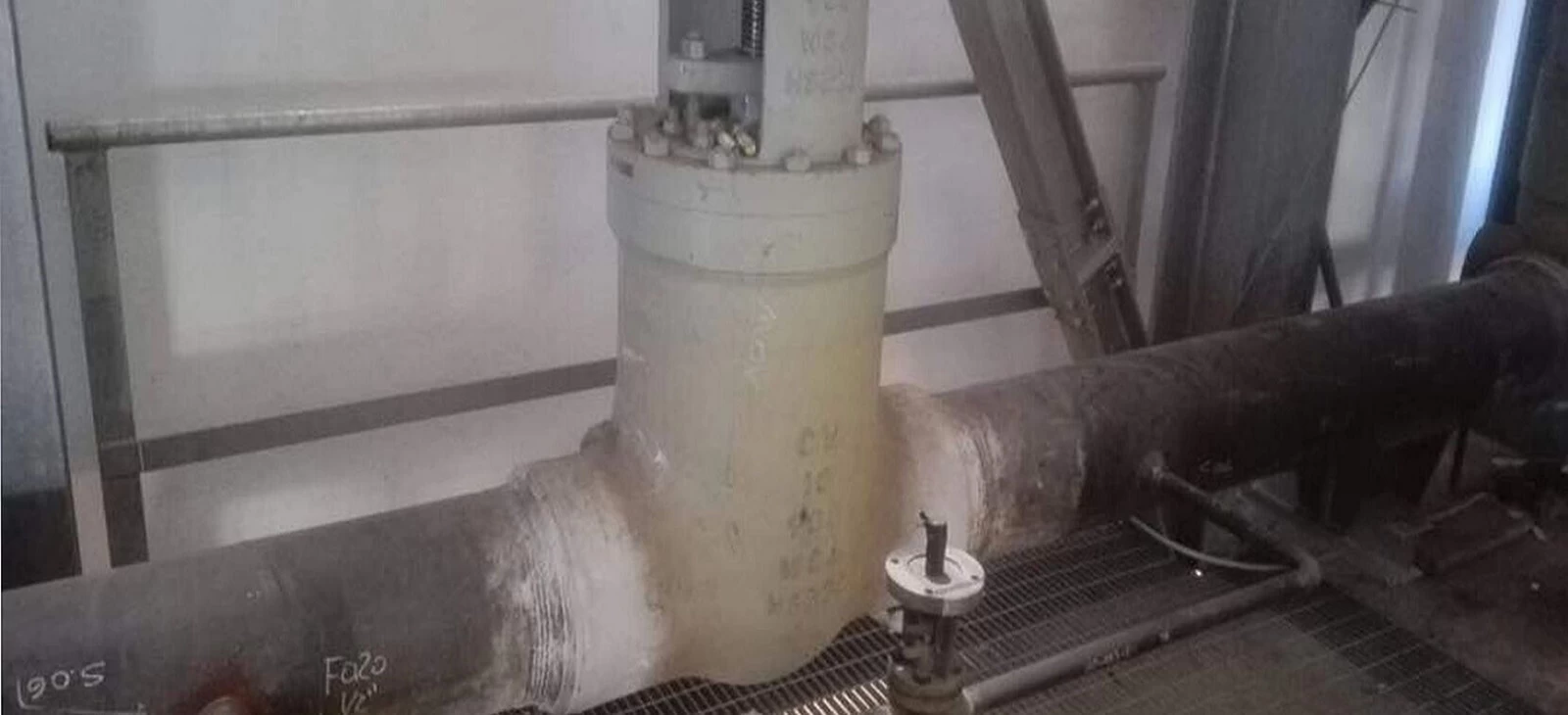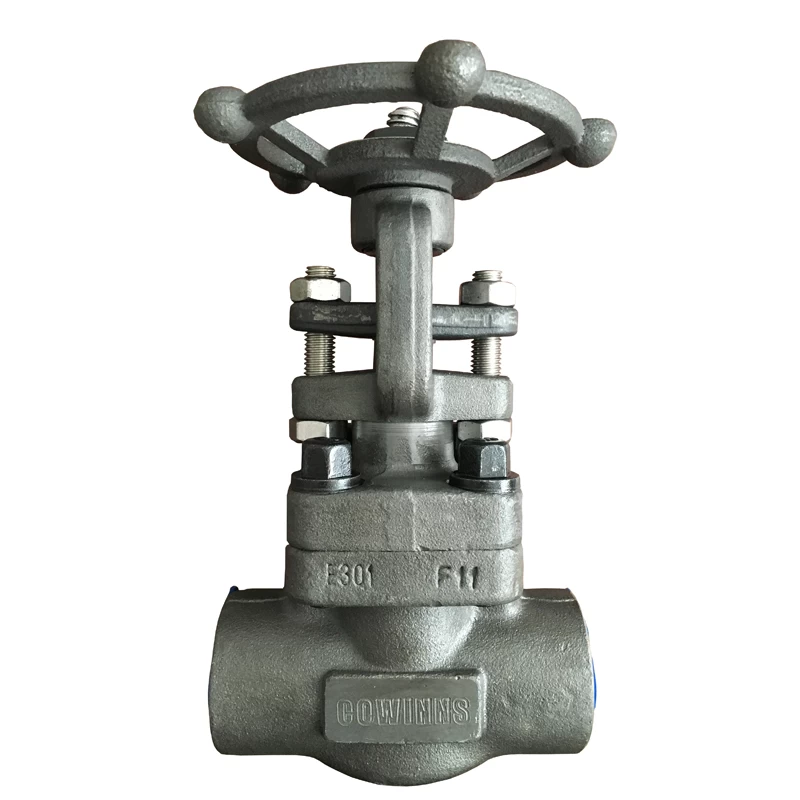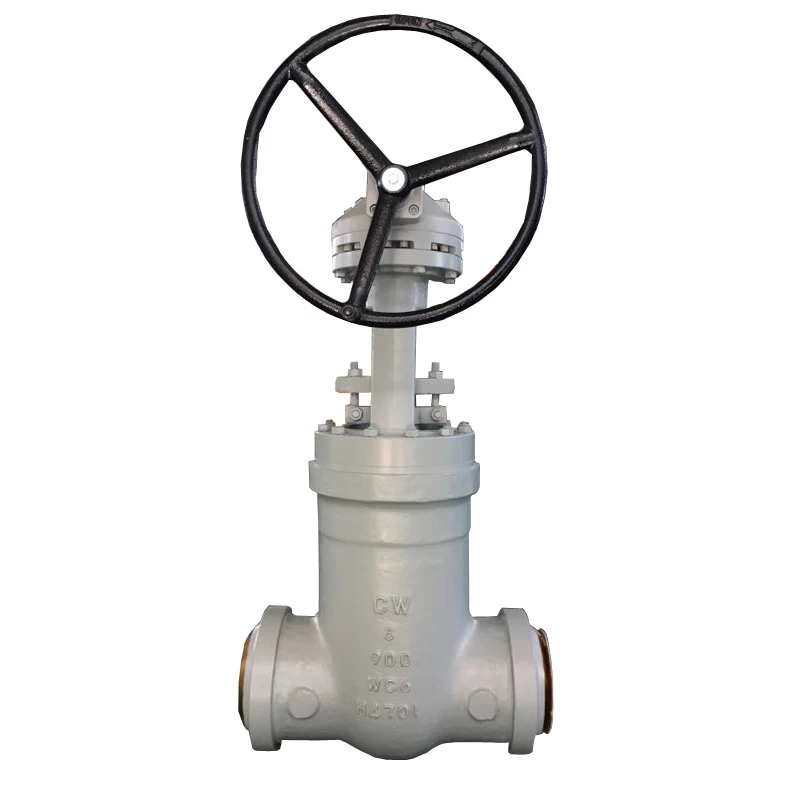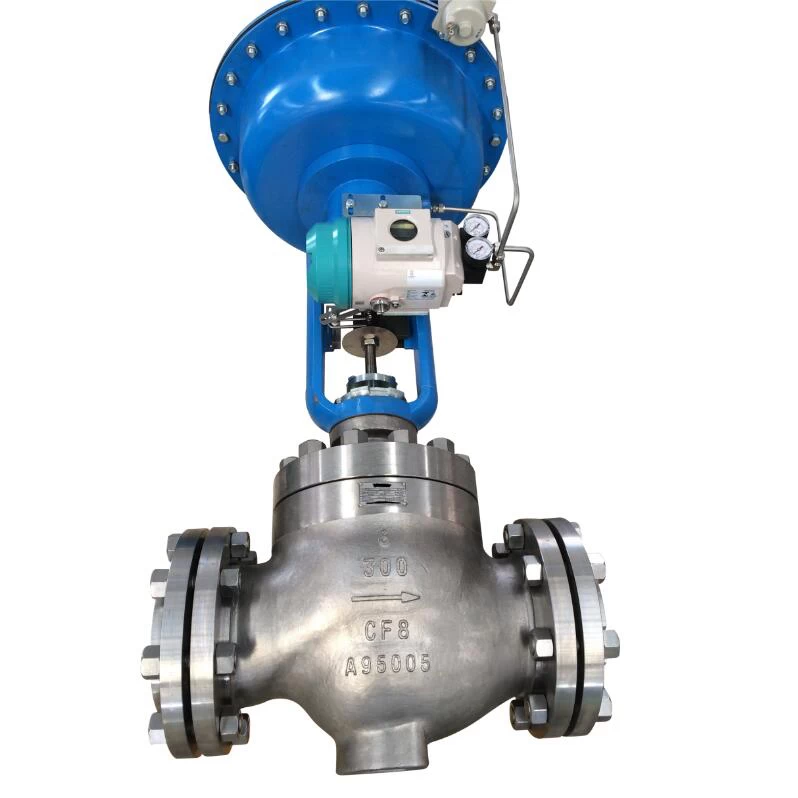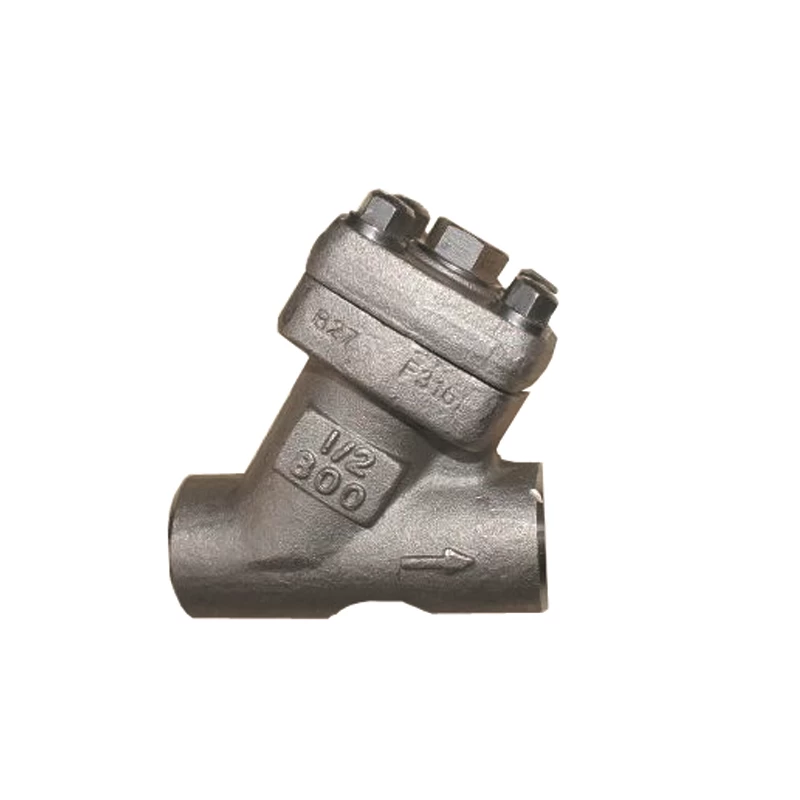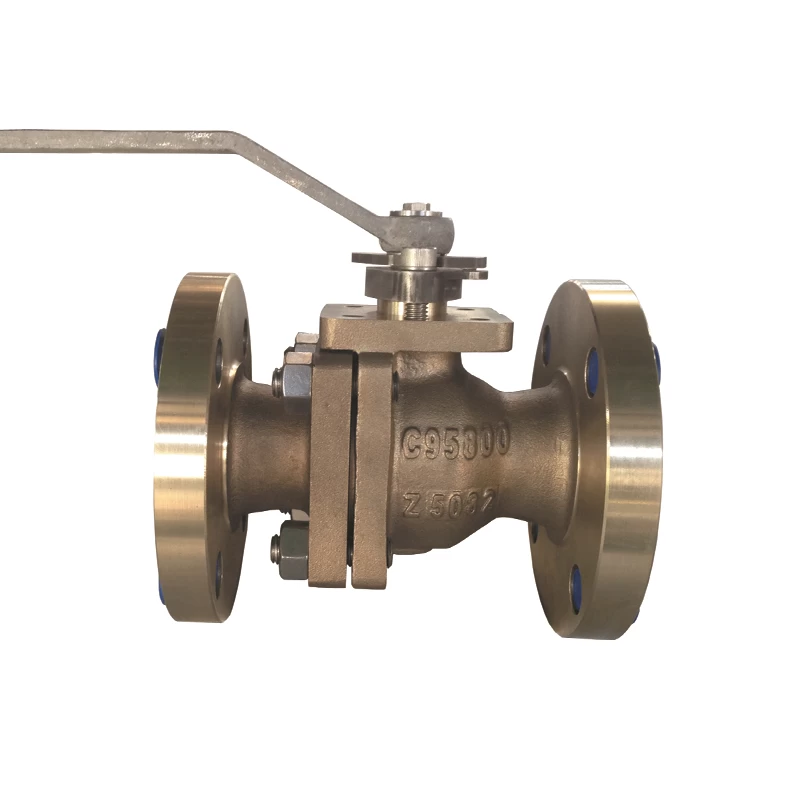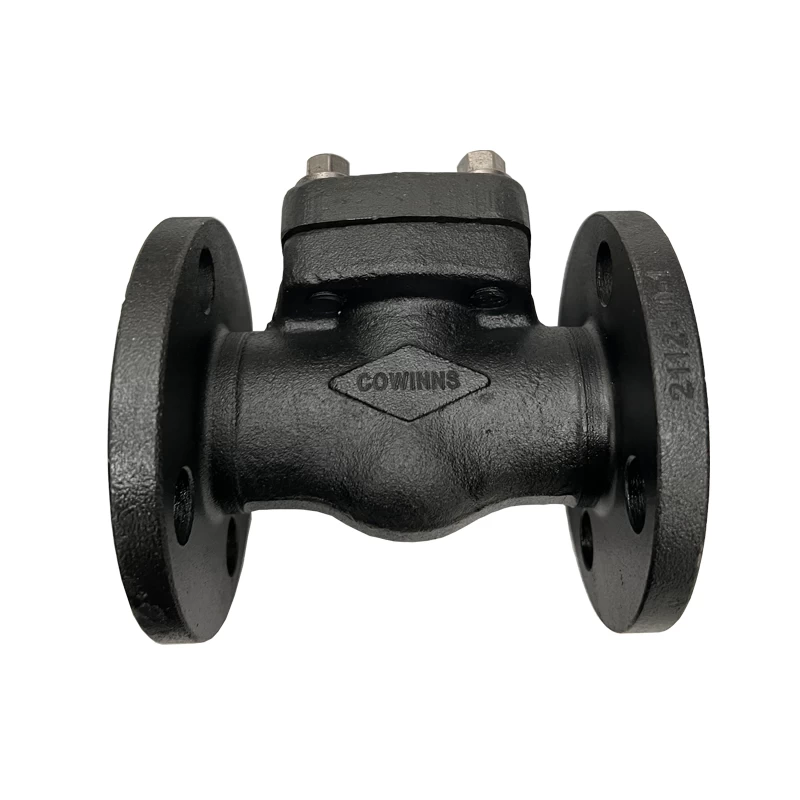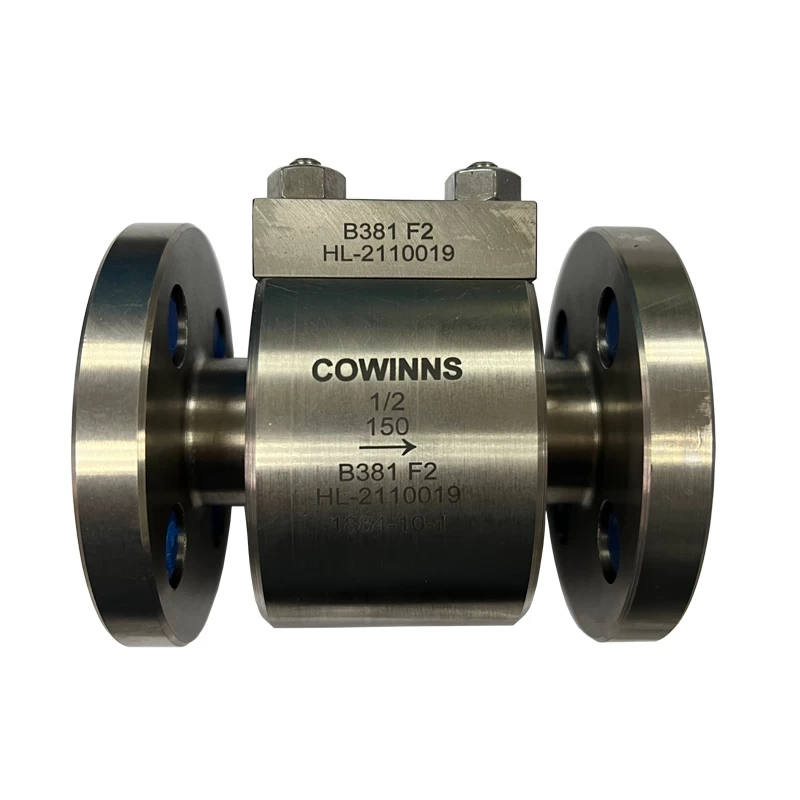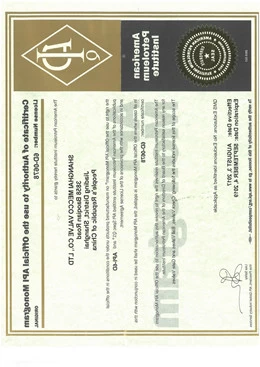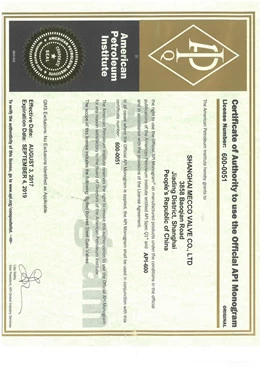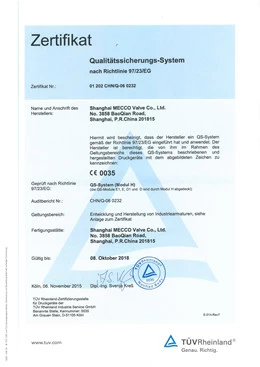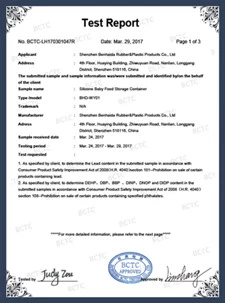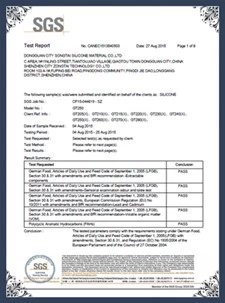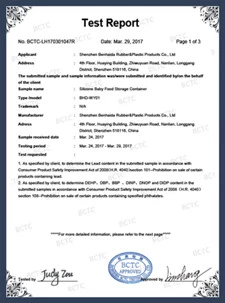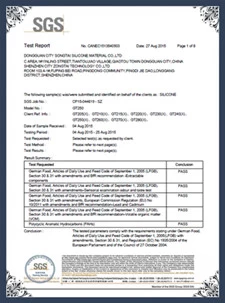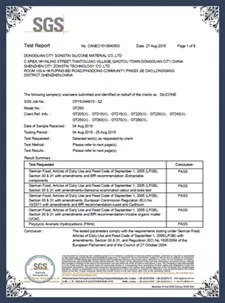Desert diamond in Algeria
When running at full capacity, the Reggane Nord Project promises enough gas to meet over 10% of Spain’s demand. For Repsol and their partners, the project reaffirms a focus on oil-rich Algeria, where support from the government has aided investment. This is the first gas project to tap into in the southwest of Algeria’s reserves, and opportunities for expansion abound.
The Reggane Nord Project, which consolidates output from several oilfields in Algeria, is managed by the multi-national consortium Groupement Reggane Nord (GRN). The Spanish company Repsol and the state-owned Sonatrach of Algeria hold majority stakes in GRN, while Germany’s DEA Deutsche Erdoel and the Italian Edison make up the remainder. Drawing from fields in Reggane, Azrafil Sud-Est, Kahlouche, Kahlouche Sud, Tiouliline, and Sali, the project is expected to produce eight million cubic meters of gas per day. In the Reggane basin alone, yield estimates add up to total net reserves of 145 million barrels.
Development
After discovery in 2002, exploration activities were initiated in the concession area. During two exploration phases, the license partnership carried out an evaluation of earlier gas discoveries in the region and an investigation of additional gas potential in Paleozoic formations. The work program included extensive seismic surveys as well as the drilling of fifteen exploration and appraisal wells.
Following the submission of Final Discovery Reports, a Field Development Plan was approved by the Algerian mining authorities in November 2011, granting a 30-year production license.
Construction begins
In 2014 construction began at the project site, located in the Reggane basin some 1,500km southwest of Algeria’s capital. With an investment of 3 billion USD, work was completed on central processing facilities, a gas treatment plant, and infrastructure for transportation. Namely, “209 km for collecting gas and more than 160 km of roads were constructed as well as a 74 km pipeline (GR5) connecting the project to Algeria’s export facilities,” said a representative from Repsol. The new infrastructure will serve the consortium and the country for some time, as the project is expected to be in operation until 2041.
With first gas in 2017, testing began on the performance of the gas treatment plant and the newly built GR5. Further development plans include the completion and tie-in of 18 new development wells already drilled, the completion and tie-in of 5 existing exploration-delineation wells, and the drilling of new wells in general.
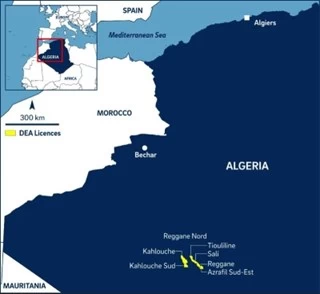
Government backing
Algeria boasts the biggest gas reserves in the world, and Thomas Rappuhn, CEO of DEA Deutsche Erdoel, commented on the importance of projects like Reggane Nord to Algeria.
“Reggane Nord is the first gas project that has been brought into production from this prospective region in the south west of Algeria. The oil and gas sector is the backbone of the Algerian economy and the gas from Reggane will contribute significantly to the development of the country’s energy sector.”
In January 2013, the Algerian parliament approved the introduction of fiscal incentives to attract foreign companies and encourage new ventures, particularly in the offshore exploration of shale gas. The Algerian government has stressed the importance of involving foreign partners to increase oil and gas reserves and explore new territories. In a further show of support for the oil and gas projects, Algerian PM Ahmed Ouyahia attended the opening of the Reggane facility in December 2017, along with several other representatives from within the Algerian government. In order to draw investors, the Algerian government is also drafting a new hydrocarbons law, expected to be released in July 2019. The new law will make Algeria more competitive by easing taxes, simplifying license procedures, and shortening the agreement timeframe.
Desert discoveries
The rich oilfields of the Algerian Sahara have long been the focus of hydrocarbon exploration. In 2002, exploration licenses were issued to Repsol and its partners by the Algerian government. The company’s discoveries in the Reggane basin coincided with discoveries in the Berkine basin and the Ahnet basin.
Repsol continues to explore the region, holding the rights to five gas production blocks in Algeria, along with two exploration blocks in the South East Illizi and Boughezoul. Repsol is not the only company that understands Algeria’s potential as a source for gas. According to Sonatrach, about two-thirds of Algerian territory remains unexplored or largely underexplored. Most of these areas are in the north, the deep south, and offshore. As a result, Sonatrach is pursuing offshore development, focused on two large geographical areas that look promising based on seismic data. Sonatrach is also resolved to maintain its investment plans of 18 to 23 billion USD in annual outlays, with a focus on upstream exploration, production, and oil reservoir activities.
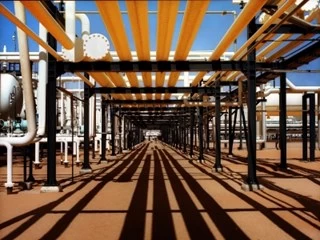
Opportunities abound
Thanks to hydrocarbon revenues, Algeria has a cushion of approximately 90 billion USD in foreign currency reserves. In addition, Algeria’s external debt is extremely low at about two percent of GDP. The country is still largely underexplored, with fewer than 20 wells per 10,000 square meter. As a result, Sonatrach encourages foreign firms to invest in joint exploration ventures.
And with most of Algerian hydrocarbons derived from steadily depleting fields, an emphasis is being placed on the need to optimize production, notably through enhanced recovery technology. To that end, Sonatrach is looking to increase partnership with foreign investors for quicker technology transfer.
Shifting focus
The Reggane Nord Project comes at the right time for Repsol. The company recently shifted its focus to gas amidst growing concerns for the environment and sustainability. As a transition fuel, the gas output from Reggane possesses a less carbon-intensive energy mix. The company has stated that its net production in Algeria amounts to almost 13,000 barrels of oil per day.
Two-thirds of Repsol’s overall production is gas, which also accounts for three-quarters of the company’s reserves. Net proved reserves of liquids and natural gas in 2016 were estimated to total 27.4 million barrels of oil equivalent.
 +86 512 68781993
+86 512 68781993 